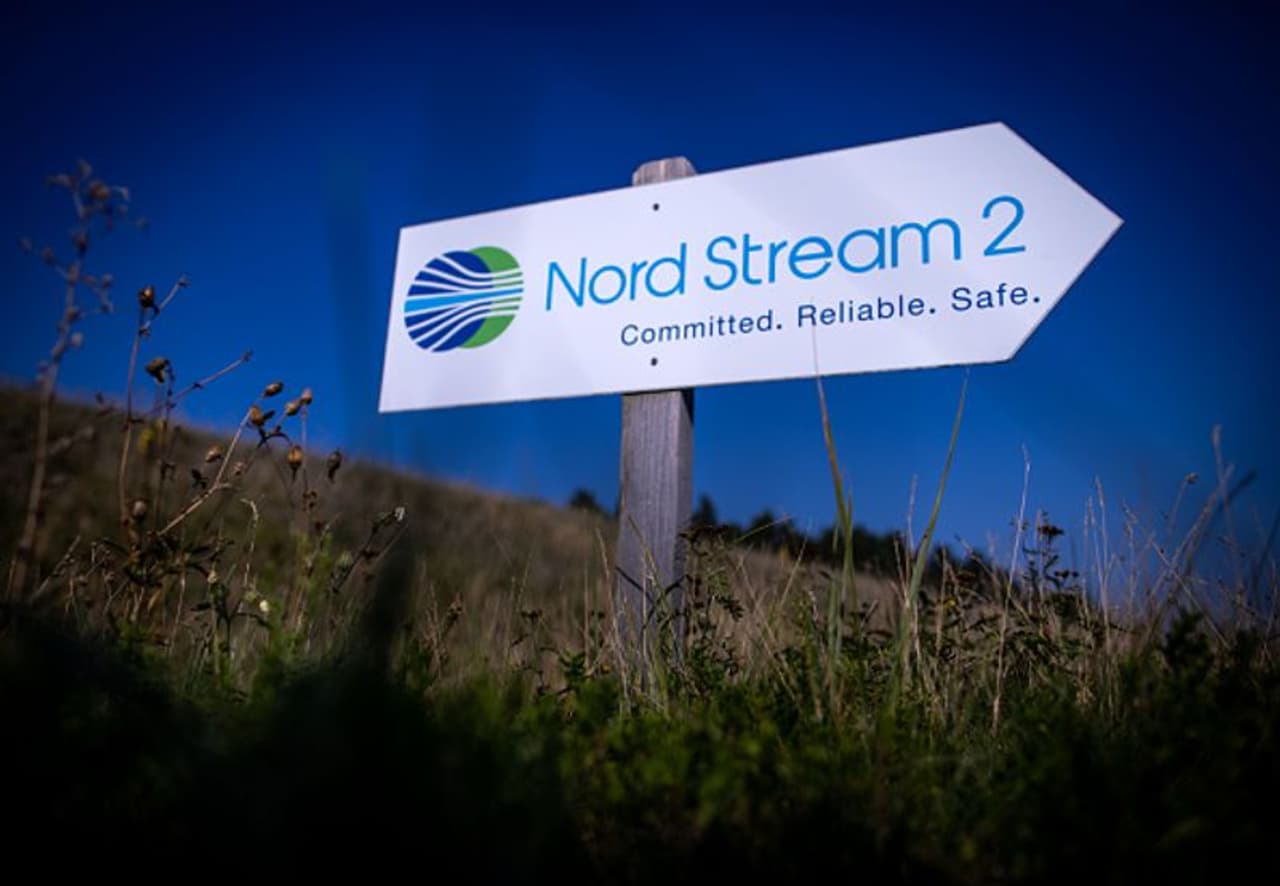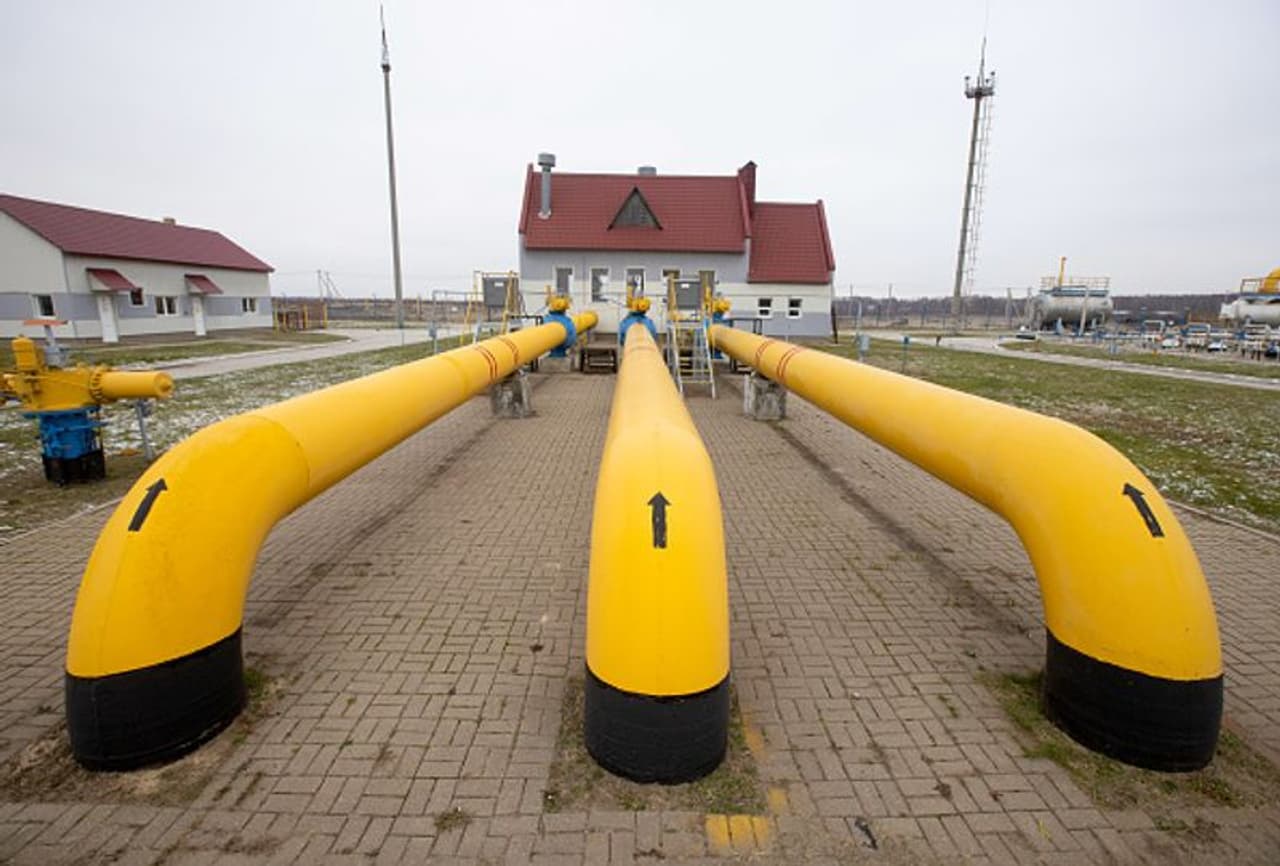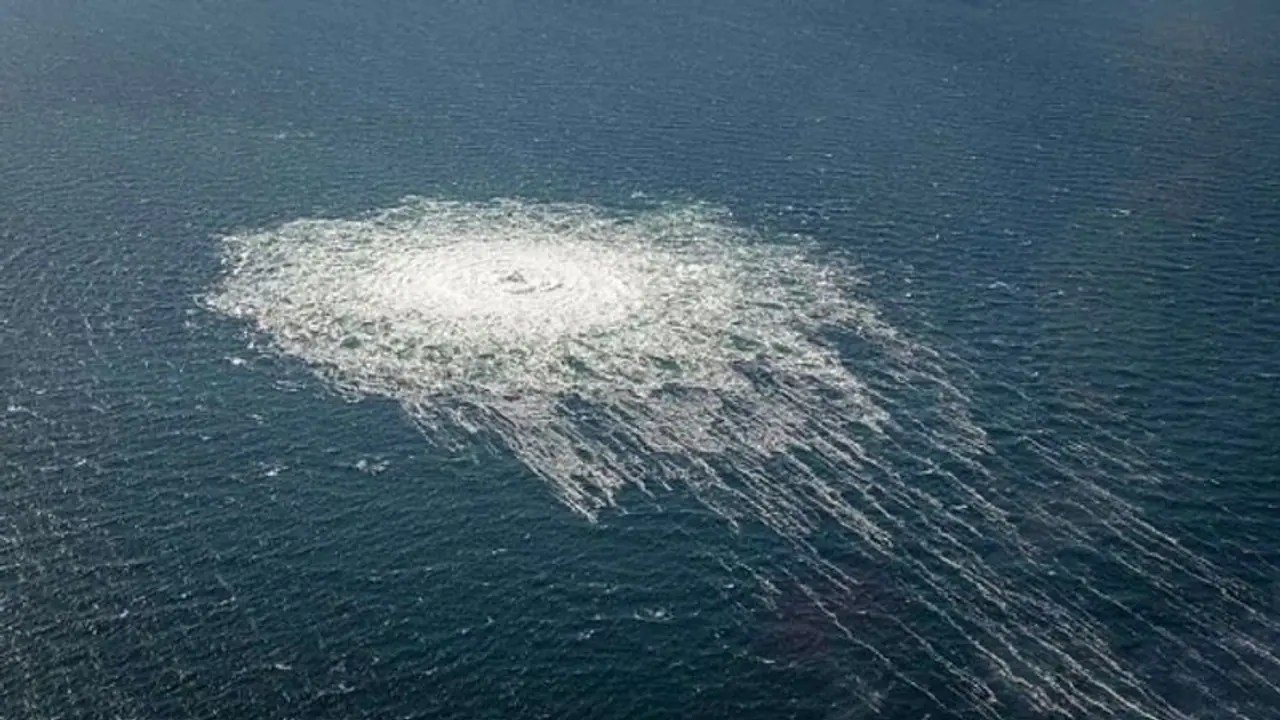The leaks have unleashed a fresh round of war of words between the North Atlantic Treaty Organisation and Russia, with the former claiming sabotage and calling the action reckless. On the other hand, Moscow claims that the leaks occurred in 'zones controlled by American intelligence'.
Sudden and unexplained gas leaks in the Nord Stream 1 and 2 pipelines from Russia to Germany through the Baltic Sea have taken the tensions between Moscow and the West over its military operations in Ukraine to newer depths. Days ago, Denmark's armed forces issued a video showing bubbles rushing to the surface of the Baltic Sea above the pipelines.

So far, four pipeline leaks have been reported -- two each in Sweden and Denmark. The leaks have unleashed a fresh round of war of words between the North Atlantic Treaty Organisation and Russia, with the former claiming sabotage and calling the action reckless. Moscow, on the other hand, claims that the leaks occurred in 'zones controlled by American intelligence'. Let us look at the Nord Stream pipeline issue closely:
What is the Nord Stream pipeline?
Nord Stream is a pair of offshore natural gas pipelines in Europe that runs under the Baltic Sea from Russia to Germany. There are two pipelines -- Nord Stream 1 and Nord Stream 2.
Nord Stream 1 runs from Vyborg in northwestern Russia, near Finland, while the Nord Stream 2 moves from Ust-Luga in northwestern Russia near Estonia. Both of them run to Lubmin in the northeastern German state of Mecklenburg-Vorpommern. Every pipeline comprises two lines of approximately 1,200 km.
The two pipelines were operationalised in 2011 and 2012, respectively, and have the capacity to transport a combined total of about 55 bcm of gas annually.
Total investment in the pipeline system was 7.4 billion euros.
What happened earlier this week?
Earlier this week, the operators of both pipelines reported a sudden drop in pressure, leading to a strong assumption that they were physically damaged. Sweden's Maritime Administration had said on Tuesday that it had warned of two leaks on Nord Stream 1 in Swedish and Danish waters.
The leaks have overshadowed the launch of the much-awaited Baltic pipeline that will transport gas from Norway to Poland in a bid to bolster Europe's energy independence from Moscow.

Where have these leaks been spotted?
Days before Moscow carried out special military operations against Kyiv in February this year, Germany had scrapped the plan to use Nord Stream 1. As of now, both pipelines still contain gas under pressure but are not delivering to Europe.
On Nord Stream 1, the leaks were detected in an area northeast of the Danish island of Bornholm.
Russia's state-owned Gazprom is the majority shareholder in Nord Stream 1 and the owner of Nord Stream 2.
What caused the leaks?
Even as investigations are underway, the reason for the leak has not yet been ascertained. Experts believe that the possible causes of leaks range from technical malfunctions to a lack of maintenance and even possibly sabotage.
Kyiv's Presidential advisor Mikhaylo Podolyak said in a tweet: "The large-scale ‘gas leak’ from Nord Stream 1 is nothing more than a terrorist attack planned by Russia and an act of aggression towards the European Union."

The Kremlin has said it did not rule out sabotage as a reason behind the damage, adding it was an issue affecting the energy security of the 'entire continent'.
Poland's prime minister said the leaks were an act of sabotage, while Denmark's leader shared a similar view. However, the European Commission has said that it is premature to speculate.
What would be the impact of the leak?
Environmentally: The leak would have an environmental impact on the area, and the escape of the greenhouse gas methane would damage the climate.
Economically: The gas price in the European nations has increased by 12 per cent at $1950 per 1000 cubic meters. With the recent incidents, the price could go up further.
Also Read: Russia to formally annex four more areas of Ukraine after 'sham' referendum
Also Read: From the IAF vault: Story of the Siachen Pioneers
